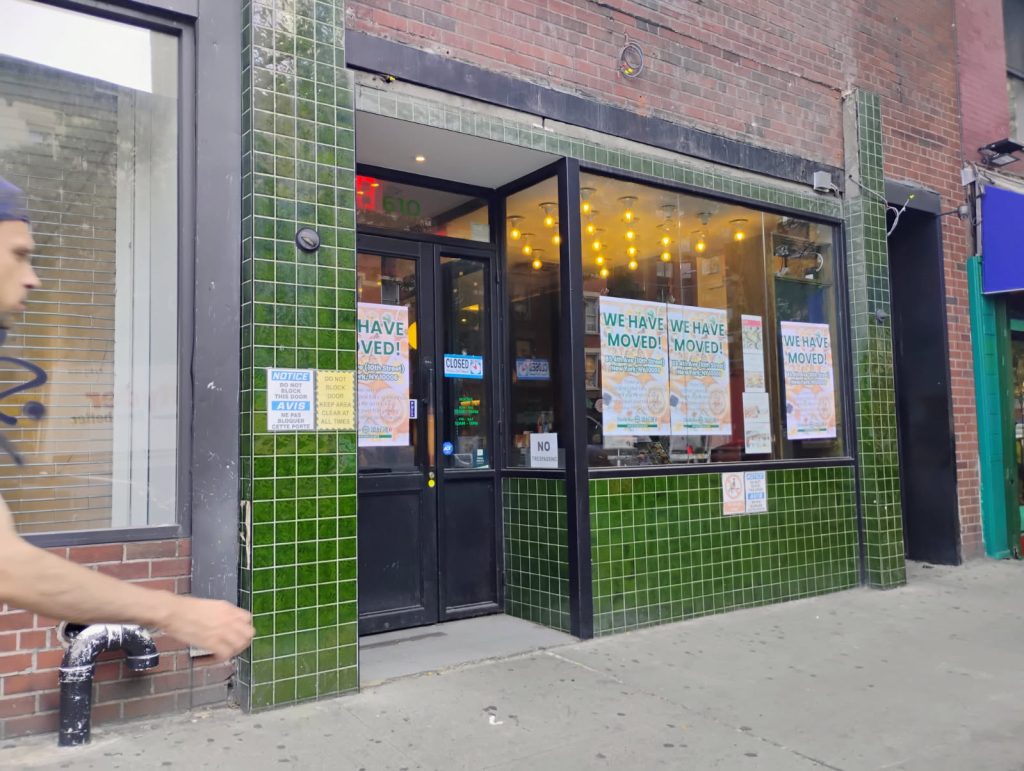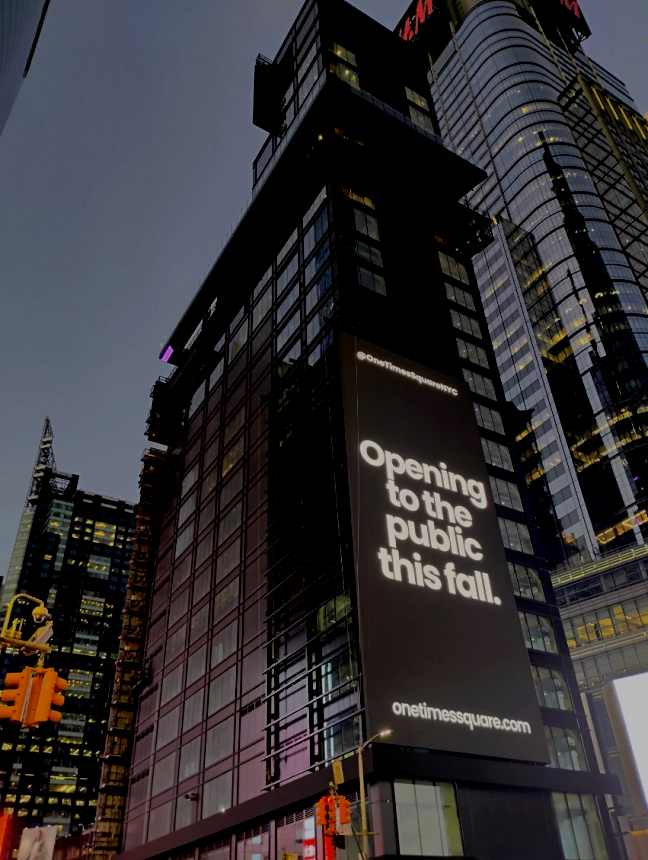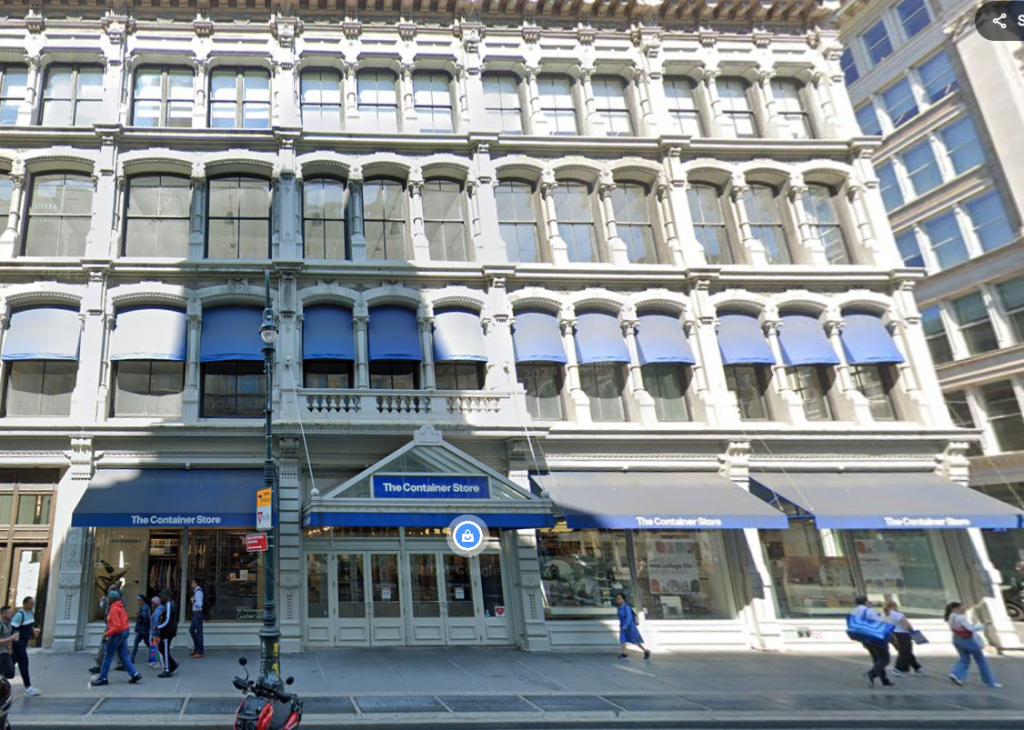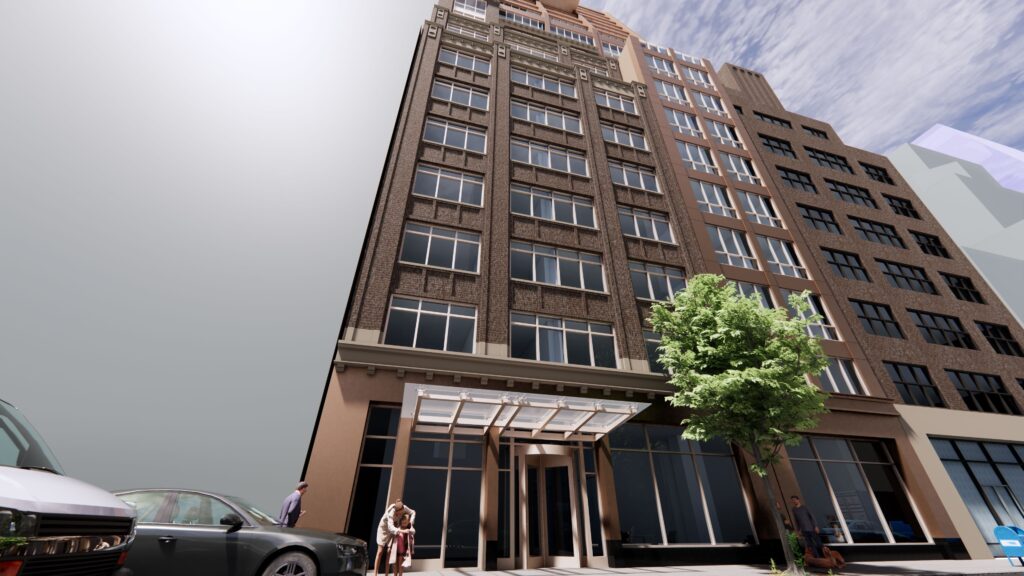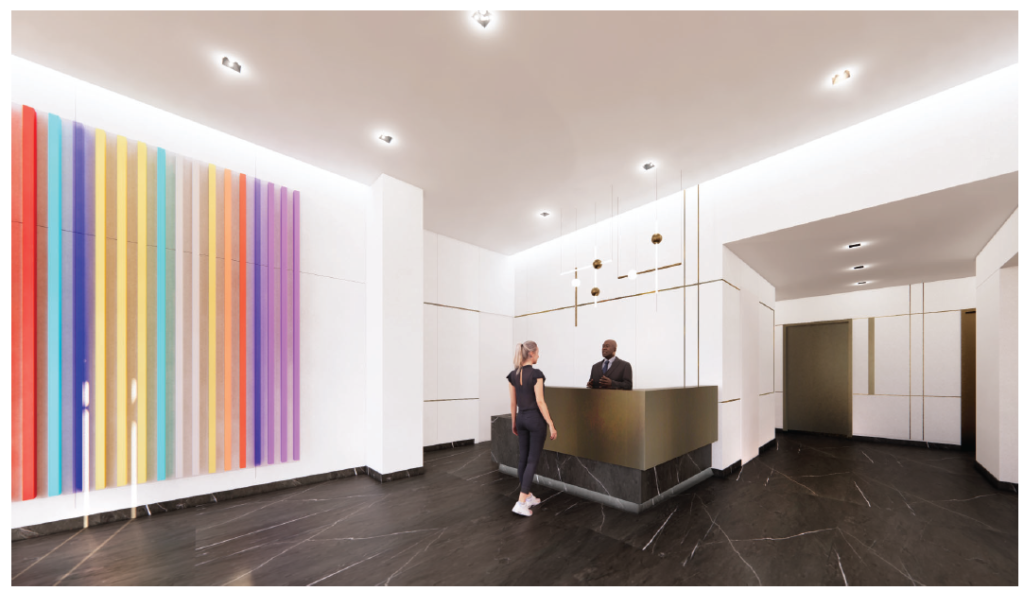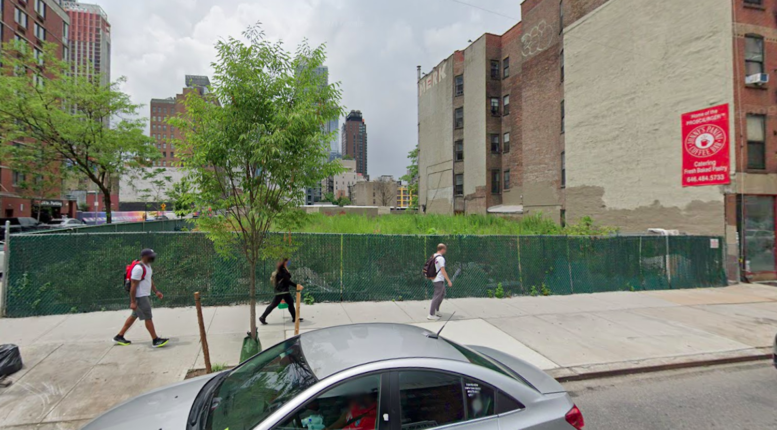Troubled NYC REIT Reaches Settlement on Foreclosure at 1140 Broadway
By Manhattan Real Estate Tracker, October 24, 2025
Troubled NYC REIT Reaches Settlement on Foreclosure at 1140 Broadway
In September 2025, American Strategic Investment Company (previously NYC REIT) reached a settlement to resolve a loan foreclosure of $99 million on its office building located at 1140 Sixth Avenue in Midtown Manhattan. A notable illustration of the broader financial difficulties that New York City’s commercial real estate investment trusts (REITs) and other property owners are encountering is the foreclosure. Following a mortgage payment default in April 2025, American Strategic Investment Company (ASIC) collaborated with Wilmington Trust, the lender, to return the property after indicating a lack of cash. According to an ASIC filing, the 22-story, 250,000-square-foot office skyscraper has a 26% vacancy rate in June 2025. As far back as 2022, the company—which was known as New York City REIT until 2021—cited early lease expirations and tenant “financial difficulties” as justifications for violating covenants at this and other properties.
Manhattan Real Estate Tracker has spoken with a former investor in what had been known as NYC REIT and he had lost tens of thousands of dollars. Any type of non-publicly traded investment is very risky. Due your own diligence and beware of scams.
In a July 2019 complaint, the Securities and Exchange Commission (SEC) accused AR Capital LLC, its founder Nicholas S. Schorsch, and its former CFO Brian S. Block of improperly obtaining millions of dollars through two separate mergers involving REITs that AR Capital externally managed between late 2012 and early January 2014. The lawsuit specifically claims that the defendants obtained approximately 2.9 million more operating partnership units (OP units) than they were entitled to as a result of exaggerated incentive fee computations and unsubstantiated asset purchase/sale transactions. Without acknowledging or disputing the accusations, AR Capital, Schorsch, and Block consented to disgorgement, prejudgment interest, and civil penalties totaling more than $60 million.
